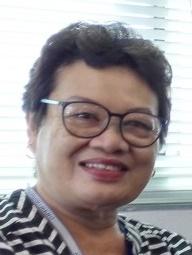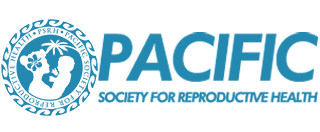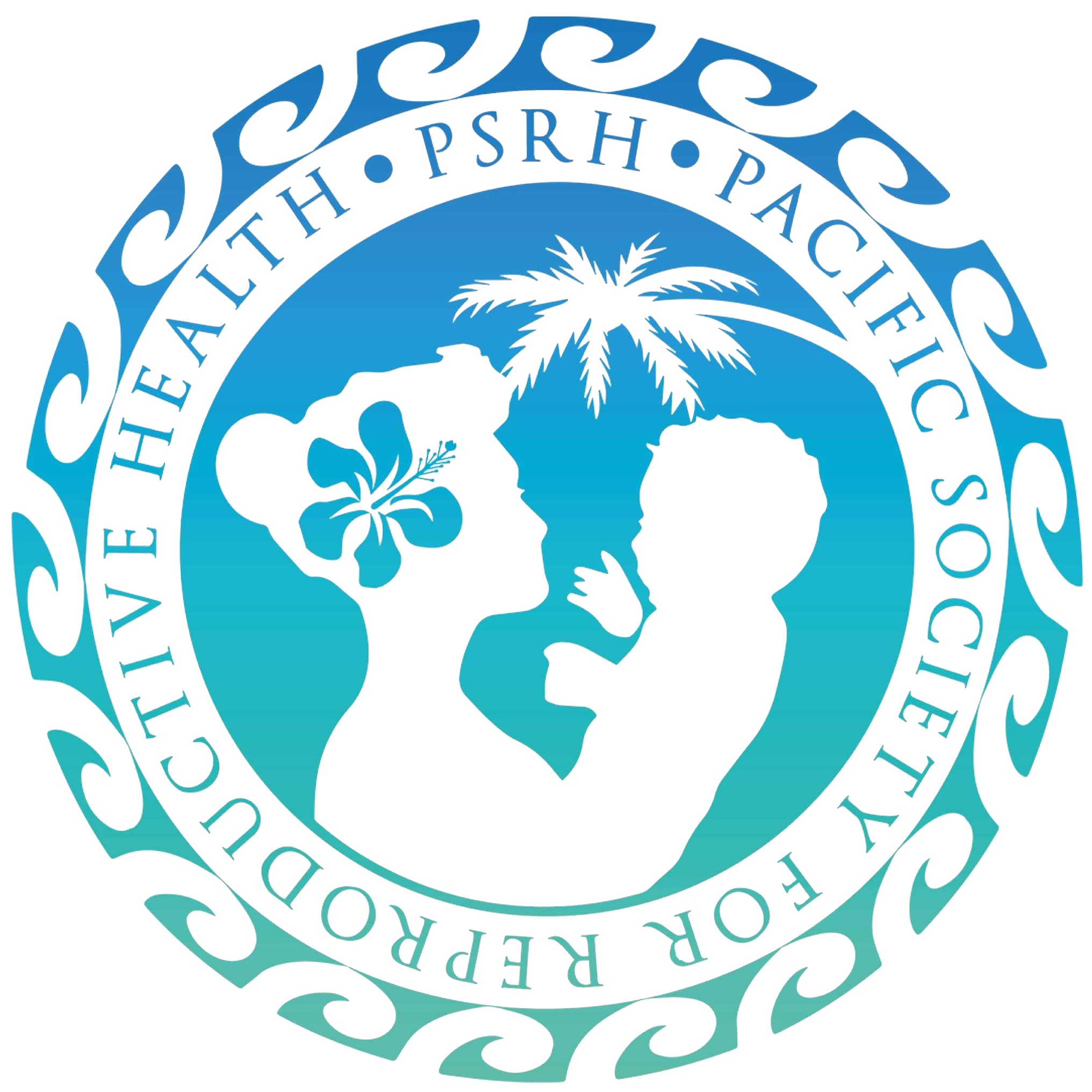Retirements
In this issue of the newsletter, we congratulate three ladies on their retirements. They have dedicatedly volunteered and invested immense amount of time and effort in the development of PSRH, in the midst of their professional duties required by their respective employers in the area of women’s health in the Pacific region. Aliote, Carmel and Rufina have now retired as of end June 2018. For many years, they worked with dedication, commitment and leadership in promoting reproductive health, maternal and newborn care in the region. PSRH and the Pacific families wish them well and a fulfilling retirement.
- Matron Aliote Galuvakadua retired from Fiji Government as Matron of the CWM Hospital
- Ms Carmel Walker, Senior Coordinator for the Global Health Unit, retired from the Royal Australian and NZ College of Obstetricians & Gynaecologists
- Dr Rufina Latu retired from the World Health Organisation as Medical Officer for MCH, Papua New Guinea
Matron Aliote Galuvakadua Retires
After providing 33 years of professional duties in nursing and midwifery, Matron Aliote retires from Fiji civil service. Aliote graduated from nursing in 1985, a profession she had committed her life to. In 1995 she completed her midwifery training, she worked in CWMH hospital and its Anderson maternity unit for these 33years and in July 2009, Aliote became the maternity unit Matron. Anderson maternity unit is the maternity unit of Fiji’s largest hospital, the Colonial War Memorial Hospital in Suva. In this position, she was a midwifery leader, a supervisor, a manager, and a mentor for midwives.
Matron Aliote had the honour to serve as 3rd President of the Fiji Midwifery Society. In this role, she dedicated 9 years of professional guidance and leadership to benefit other midwives in Fiji and the Pacific. In May this year at the occasion of the International Day of Midwives, she handed over the President’s role to the Society in anticipation of her retirement in early June.
Matron Aliote’s passion for midwifery extended to reach other Pacific countries through her involvement with the Pacific Society for Reproductive Health. She was elected into the PSRH Board in 2011 at the BGM held in Honiara, Solomon Islands. Aliote moved up to become the first Pacific midwife to hold the position of vice president (midwifery) for PSRH for six years.
At her farewell she remarked, “I am assured that my co-workers will continue the work we have established together, setting midwifery standards in our main hospital. They have the knowledge and the skills and I trust that all will go well. It has been a fulfilling and rewarding experience to service my country as a midwife.”
Carmel Walker Retires
Ms Carmel Walker is retiring from The Royal Australian and New Zealand College of Obstetricians and Gynaecologists (RANZCOG) in June 2018, after 32 years of service, most of those years providing support to the Pacific region through development of the human resources capacity of Pacific O&G specialists, midwives and reproductive health workers. Carmel was an integral player in the establishment of our Society, originally named the South Pacific Regional Obstetrics and Gynaecology Society (SPROGS) in 1995 but renamed to PSRH in 1997. She was the Executive Assistant until 1999 when the secretariat moved from Melbourne to Fiji and continued to take a senior role in arranging and sourcing funds to support the attendance of Pacific doctors and midwives at our PSRH Biennial Meeting since then. Within RANZCOG, as Senior Coordinator of the Global Health Unit, Carmel was involved in the establishment of Associate Membership and the CPD Program for Pacific O&G Specialists which today boasts 60 Pacific Associate Members, and is the envy of colleagues in other specialties in the Pacific, and she has continued to manage and improve this area. She has also managed the Brian Spurrett Fellowships since 2004 and the RANZCOG Pacific Midwifery Leadership Fellowship Program through Australia Awards, since 2010 until now – a total of 120 Fellowships for midwives. In 2011, Carmel was awarded the inaugural PSRH President’s medal in acknowledgement of her contribution to training and development of reproductive health workforce.
“I am blessed that my position at the College has allowed me to make a real contribution to the Pacific reproductive health workforce. Working with Pacific doctors, midwives and College colleagues has taught me resilience and patience, but it has also given me great joy in seeing the results of development opportunities for my Pacific colleagues. I’ve learnt over the years that little changes can make a big difference, that empowering people to be their best will bring out the best in them, and that by working together we can achieve more than we ever can by ourselves.
Observing the growth in the O&G workforce over the past thirty years has been inspiring, given an ever-changing environment with ongoing health, system and resource challenges, as well as natural disasters that can, and do, strike at any time. However, our Pacific O&G and midwifery workforce is well connected and supportive of each other. They are aware of their leadership responsibilities, and are committed to developing their own knowledge and skills, finding solutions to challenges and thinking of new ways to improve women’s health in their settings.
As well as our O&G workforce, I am inspired by and proud of our Pacific midwifery network, and in particular, those with whom I have worked through the RANZCOG Brian Spurrett Fellowships since 2004, and since 2010, the Pacific Midwifery Leadership Fellowship Program held in Sydney and Auckland.
Working with our team of program facilitators at the Nepean and Liverpool Hospitals, we have enabled many Pacific midwives to raise their status as seen through the eyes of their colleagues, and to make a higher level of contribution to their maternity and reproductive health care services. Each group of midwives who come to Sydney for the midwifery leadership program excite me with their potential and enthusiasm for returning as motivators for change on their return home.
But for now it’s time for me to step back – chill out – and take a break to do some travelling around Australia. My plans are to relocate to Queensland, not far from Cairns, where I can move onto new challenges and projects where I can help other people with their lives.
It has been an enormous pleasure and joy to work with my PSRH colleagues and my strong ties and love for the Pacific won’t be diminished, that’s for sure. I will continue to keep in touch with so many friends and colleagues well into the future. I wish you all the very best as you continue to provide quality care to families across the Pacific, and be the best you can be.”
Dr Rufina Latu Retires 
Dr Latu retires after working with WHO for nine years.
“What a rewarding feeling to have contributed to health and development in the Pacific during the past 37 years. It has been a fulfilling experience of delivering health services, managing health programs, providing peer support; and facilitating capacity building, networking, strategic engagement, leadership and professional growth.”
Prior to retirement, Dr Latu was Team Leader for Maternal and Child Health programme with the World Health Organization based in Port Moresby in Papua New Guinea. In this position, she worked with PNG government at national and provincial level, UN agencies, international and national NGOs, health training institutions, and professional bodies such as the O&G Society, Paediatric Society and Midwifery Society of PNG. She has wide Pacific experience and worked for more than 25 years in the Pacific countries in the areas of health systems strengthening, service delivery, public health, non-communicable disease, family planning, reproductive health, maternal-newborn, child and adolescent health, and primary health care. On longer-term technical advisory role, she has worked in PNG, Fiji, Vanuatu and Tonga, providing support to governments in the development of programmes and services.
Dr Latu has been a pioneer member of PSRH and contributed to its growth and development since its inception in 1995. She attended all PSRH biennial conferences except the Madang meeting (PNG) in 2001. The most recent one was in Port Vila, Vanuatu in 2017 where she was chair of the scientific committee and assisted the PSRH Secretariat in the preparation of the conference agenda. She also carried out a number of key voluntary contributions to the work of PSRH and included taking on the role of President, a member of the PSRH committee, and also volunteered to undertake the editorial functions for the PSRH newsletter over the last four years.



